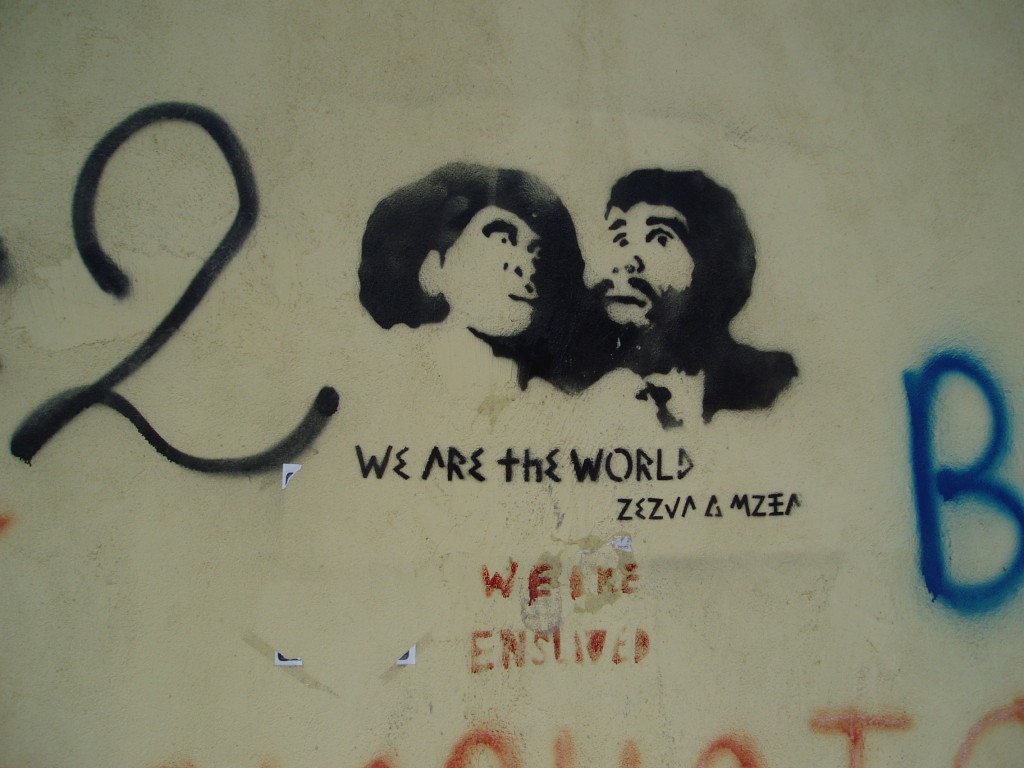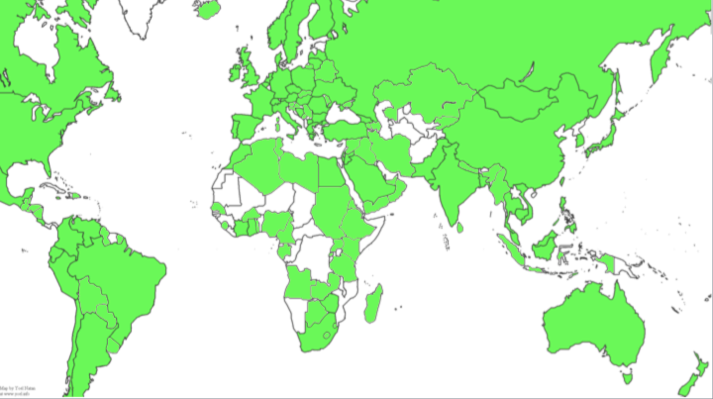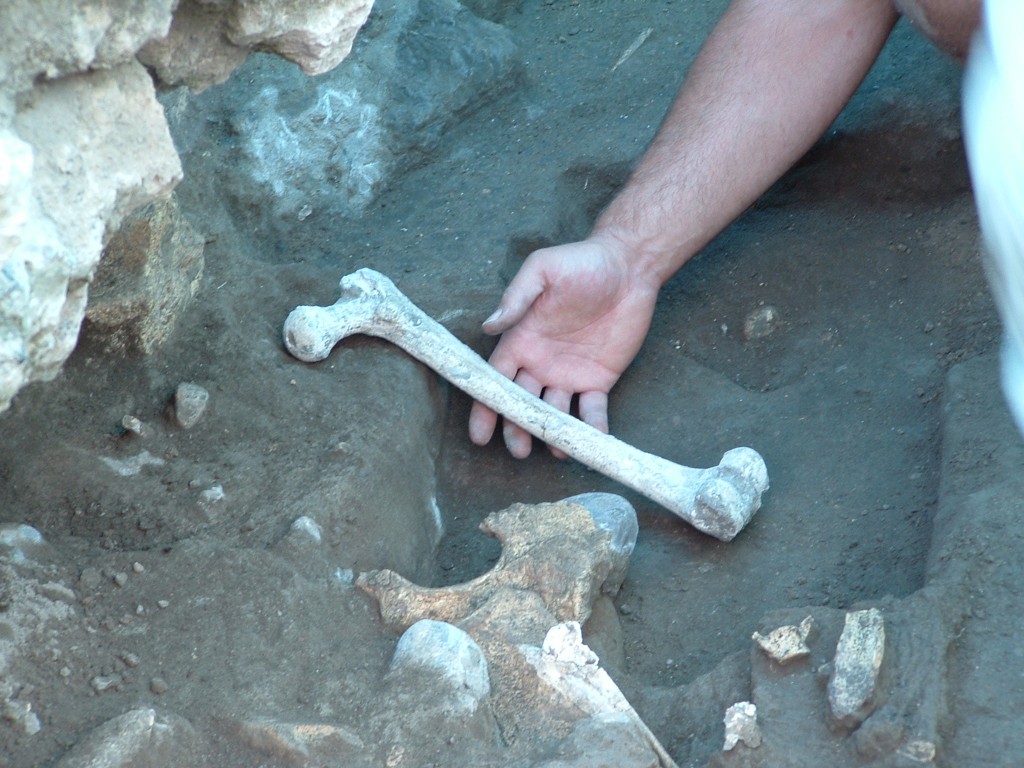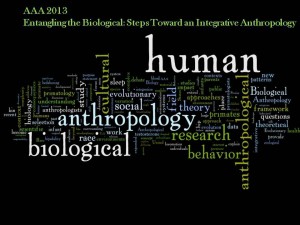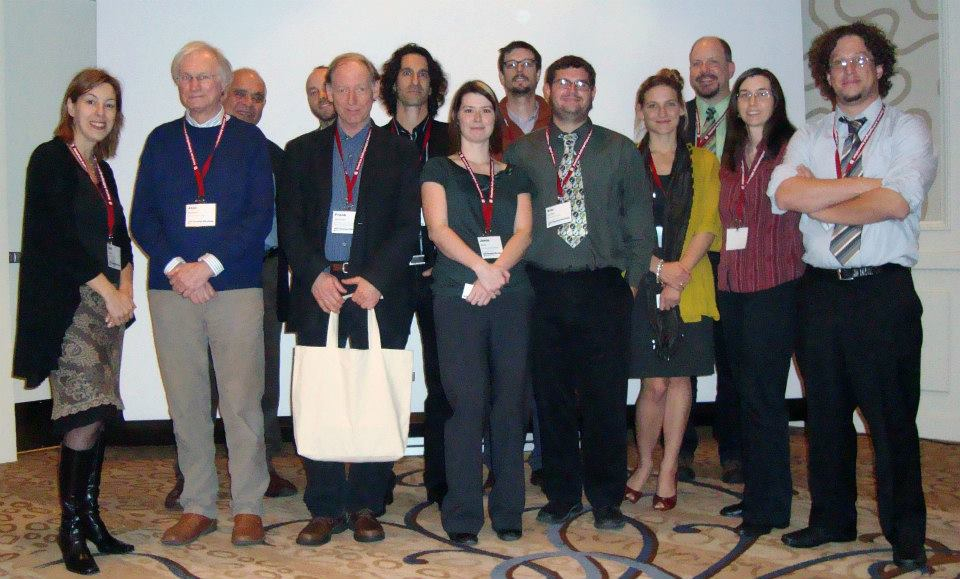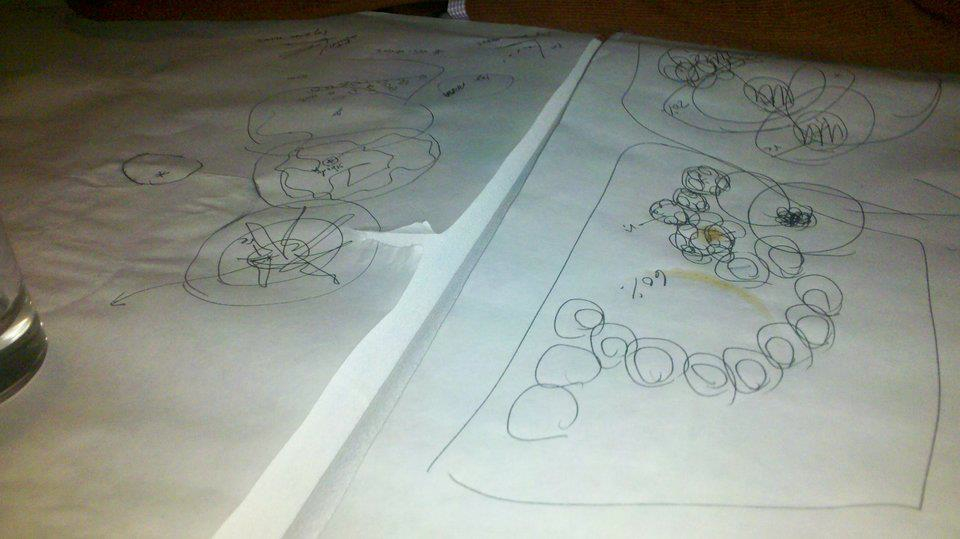Continuing my series on the top 10 reasons to enroll in Anthropology 207x (Introduction to Human Evolution), which officially begins on May 6th….
Previous entries:
#10 Origin stories are captivating. Scientific origin stories can be unifying.
#9 It’s open and free!
#8 Our evolutionary past informs how we understand human difference today
#7 You will be sharing the experience with 1000s of others
#6 Human evolution encompasses a fascinating set of questions, bringing together many different disciplines
#5 Human health lies at the intersection of our evolutionary past and contemporary present
#4 207x meets on your time
Reason 3 – Understanding evolution connects our past with the present
The expression, “those who do not know the past are condemned to repeat it,” or some version thereof, is well known. And while I would not say that failure to know our evolutionary past condemns us to repeat it–indeed, the one constant in evolution is that time moves forward–it does have many lessons for us in the present.
Many of the fundamental challenges that face us in the modern world can be traced back to our Pleistocene evolutionary roots. The struggle for stable and sufficient food resources goes back to our foraging past and is pivotal in our transition to agricultural production in the Holocene. The movement to increasingly dense, urban lifestyles, also goes back at least to that transition, some 15,000 years ago. The challenge of dealing with aging, and the blessing and curse of increased longevity, has traces in the early Pleistocene. Our fascination and dependency on technology as a means to navigate and delimit our relationship with the world around us, goes back at least to the beginning of the Pleistocene (perhaps earlier, if recent research on the topic is correct).
It is easy to view the contemporary (“modern”) world as a unique entity. Global climate change is a recent, human-caused problem. Public health epidemics are a problem with how we live today. Food insecurity is a contemporary political problem. All of these views are meaningful, but they also obscure the longer patterns of behavior and evolutionary change that stretch deep into our past. Better understanding this relationships gives us more capacity to understand and act in the face of contemporary challenges.
So, no, failing to understand our evolutionary past is not going to condemn you to an Australopithecine future. But…it does limit the knowledge available to you with which you can assess the present and contemplate the future.
I will have additional updates each day between now and May 6, when the course goes live.



